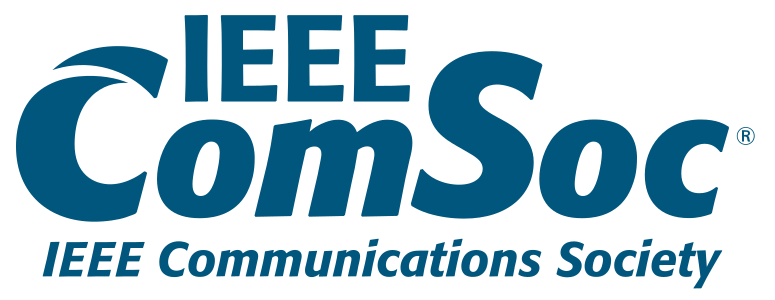
Call for abstracts, papers and demos
The so-called Metaverse relates to a vision of a virtual, digital world which is parallel to the real, physical world, where each user owns and interacts through his/her own avatar. Music is one of the possible activities that can be conducted in such a space. The “Musical Metaverse”, the metaverse part which is dedicated to musical activities, is currently in its infancy, although is a concept that is constantly evolving and is progressing at a steady pace. The Musical Metaverse is an emerging topic in communications as well as in human-computer interaction. To date, scarce research has been conducted on how to integrate networking systems with Musical XR systems.
The aim of the workshop is to bring together academics and industry to investigate and advance the development of systems at the confluence of Musical XR and networking, as well as the understanding of human perception in immersive, networked contexts.
Topics of interest include, but are not limited to, the following areas:
- Musical XR systems for networked interactions
- Multisensory systems for the Musical Metaverse
- WebXR-based musical systems
- Networking for the Musical Metaverse
- Digital twins for musical applications
- Multiuser interactions in Musical XR
- Hardware systems for the Musical Metaverse
- Performance, composition and pedagogy in the Musical Metaverse
- Virtual/augmented reality musical instruments
- Design frameworks for the Musical Metaverse
- Experimental results of prototype/testbed for Musical Metaverse applications
- Ultra-reliable low-latency communications
- 5G/6G architectures leveraging slicing and Multi-access Edge Computing
- Blockchain and NFTs applications for the Musical Metaverse
- Standardization activities for the Musical Metaverse
- Security and privacy in the Musical Metaverse
- Ethical, accessibility and sustainability aspects of the Musical Metaverse
We consider contributions in the form of abstracts (max 500 words), full papers (min 5 pages, max 10 pages), poster papers (4 pages), or a demo proposal (max 2 pages). We encourage the submission of work in progress as well as more mature work.
For music submissions please refer to the call of the main IS2 2024 event: https://internetofsounds.net/is2_2024/
LaTeX and Word templates are available: IEEE conference templates.
Call for music
We invite submissions that showcase the Musical Metaverse in performance. Proposed works should have a clear connection to the workshop and may be connected to a paper, poster or demo submission. We particularly invite pieces that last 5-12 minutes, however, shorter and longer performance proposals will be considered. For other details please refer to: https://internetofsounds.net/is2_2024/
Activities
Besides the presentations of the accepted contributions (papers and posters), the program of the workshop will include a tutorial, a keynote and a panel with experts from both academia and industry.
Awards
The Organizing Committee will select the winners for the Best Paper, Best Student Paper, and Best Demo awards. To be eligible for the Best Student Paper award, the presenting and first author of the paper must be a full-time student.
Venue
The workshop is a satellite event of the 5th International Symposium on the Internet of Sounds (IS2 2024: https://internetofsounds.net/is2_2024/), which will be hosted at Fraunhofer Institute for Integrated Circuits IIS in the city of Erlangen, Germany, and will take place on the 30 of September and 2 of October 2024. The workshop as well as the main Symposium will be held in hybrid form, virtual and in presence.
Important dates
- Submission deadline: July 10, 2024
- Author notification: August 16, 2024
- Camera ready due: September 10, 2024
- Early bird registration deadline: September 10, 2024
- Registration deadline: September 23, 2024
- Workshop date: October 1, 2024
Publications
The workshop proceedings will be part of the IS2 2024 proceedings, which will be submitted to the IEEE for publication. Abstracts and demo papers will not be included in the proceedings.
Organizing Committee
- Luca Turchet (University of Trento)
- Gad Hinkis (PatchXR)
- Antony Vitillo (VRROOM)
- Cristina Rottondi (Polytechnic University of Turin)
- Michel Buffa (University Côte d’Azur)
- Gareth W. Young (Trinity College Dublin)
